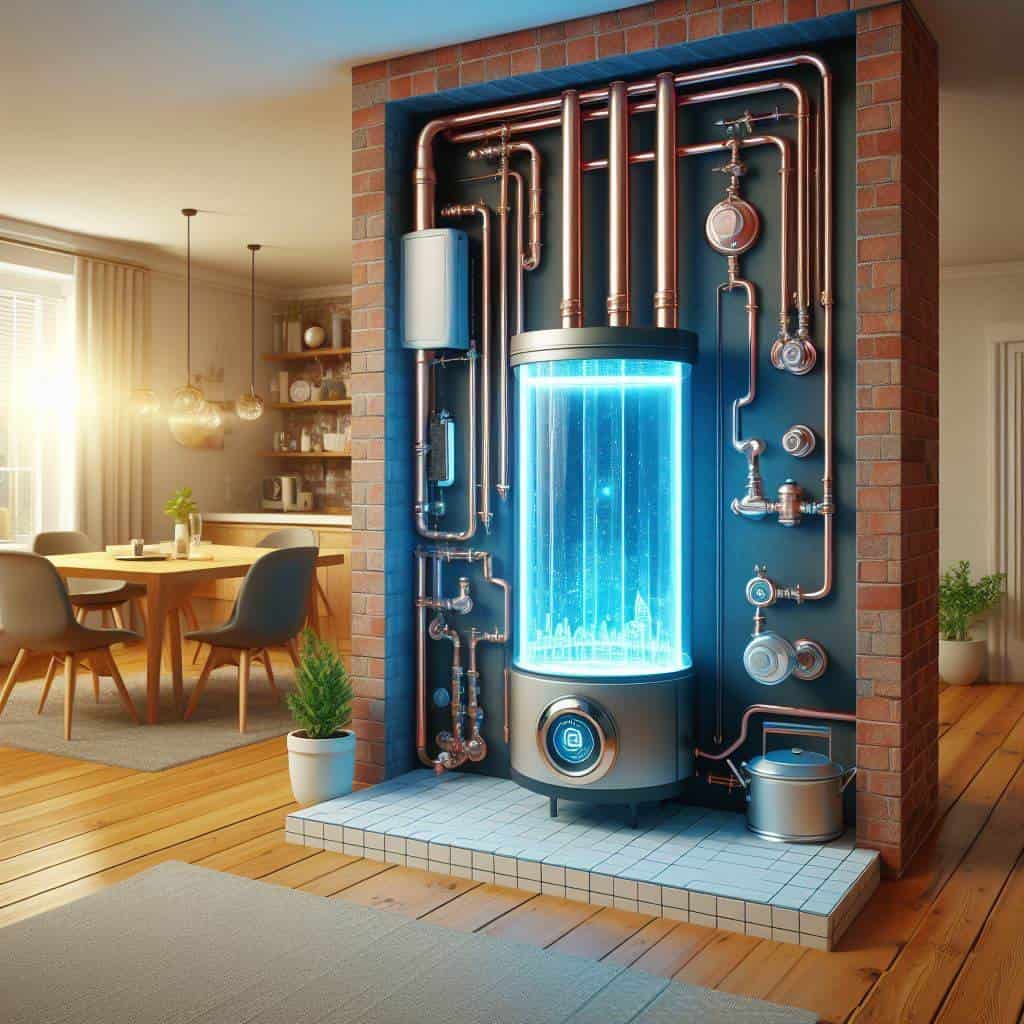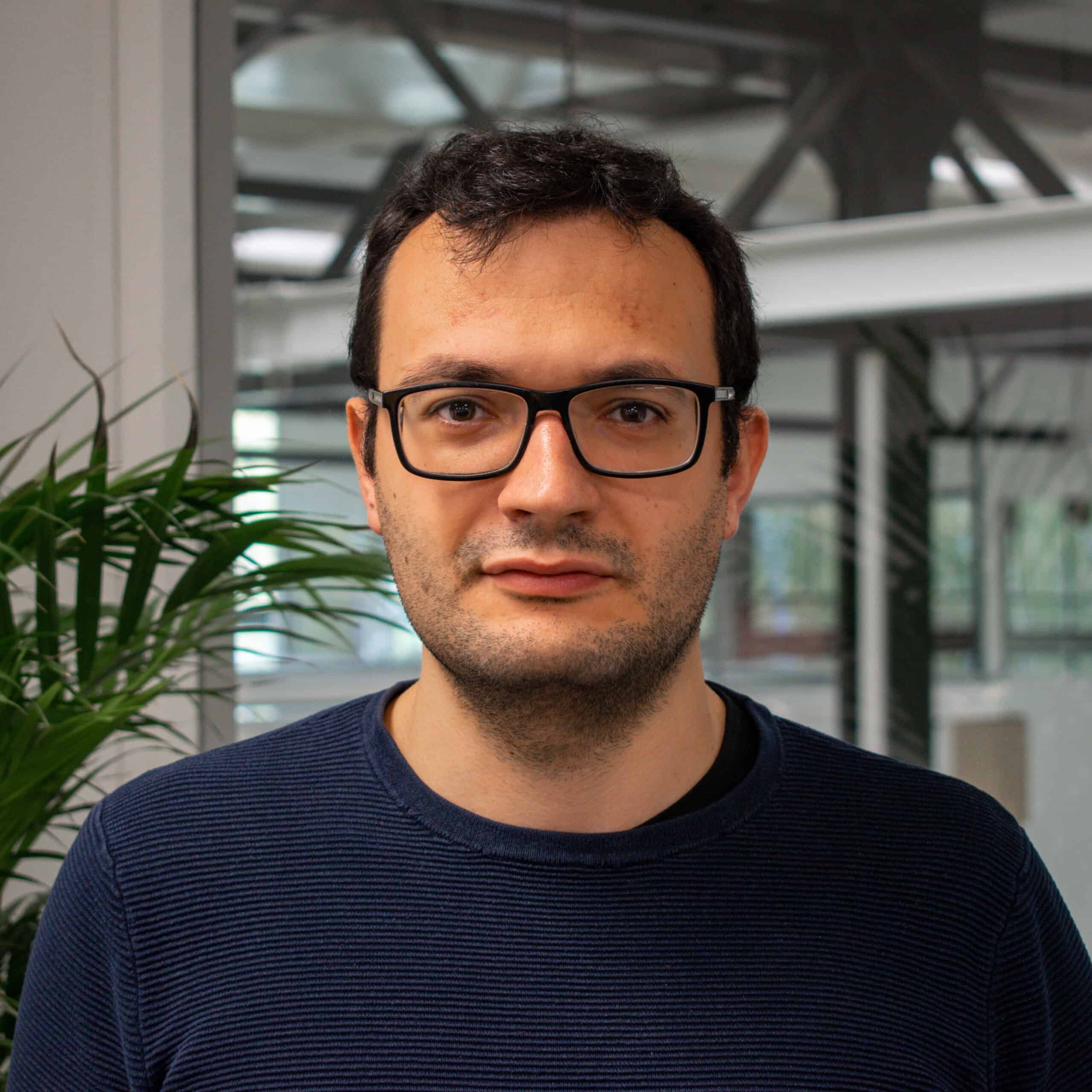
As May draws to an end, we thought of grouping some of the most important developments in greentech for you. From the opening of innovative power plants to student teams’ hydrogen vehicles, May has had plenty to offer.
1. Funding for thermal energy storage startup
Newton Energy Solutions (NES) announced last week that it secured €2.5 million in funding. The company developed NEStore, an innovative thermal energy storage solution, and will use this money to bring it to market quickly. The investment was backed by Fair Capital Impact Fund and existing shareholders Carteman Ventures, TNO, and König Metall Group.
Like a conventional water boiler, NEStore converts electricity – from solar panels or the grid – into heat, storing it without heat losses in water for weeks. When discharged, the system, as big as a small fridge, delivers hot water. Pavol Bodis, CEO of NES, previously explained to IO how the system was designed to use recyclable and widely available materials such as steel and water, stashing heat without critical minerals.
The company has already installed some of its devices and is offering its 20 kWh unit for €5,000 before taxes. The TNO spinoff for NEStore envisioned home use as the primary application, but any place where hot water is needed could benefit from it. Hotels, hospitals, and sports centers could also be potential use cases.

2. The opening of a concentrated solar power plant
Last Monday, Suncom Energy started operating its first micro-concentrated solar thermal power plant in Someren, Noord Brabant. The facility, inaugurated by the Minister of Economic Affairs and Climate Policy, Micky Adriaansens, will serve a veal farm.
Suncom develops concentrated solar power (CSP) installations. CSP technology uses mirrors or lenses that concentrate a large area of sunlight into a receiver, a parabolic collector. In the case of Suncom’s SunFleet technology, the collector can generate heat up to 475 °C and is coupled with a storage system. With its solution, Suncom plans to offer a sustainable alternative for industrial heat generation processes.
3. Student teams unveiling their creations
Two student teams from the Delft University of Technology (TU Delft) unveiled their creations. Eco-Runner Team Delft presented its latest hydrogen-powered car. Unlike previous models, this year’s car can drive on public roads, showcasing the potential of hydrogen tech. In fact, the students will hit Frysian roads on a hunt for the world’s longest distance driven on a single hydrogen tank. Last year’s car drove nearly 2500 kilometers without refueling on a racing track in France.
A few days earlier, the Hydro Motion team introduced its latest hydrogen boat. The students plan to cross the North Sea on this foiling vessel, a journey that they forecast to last for 13 hours and that, again, aims to demonstrate hydrogen’s potential for maritime transport. We’re taking a step forward, trying to show that hydrogen is a possibility for the future,” Jeroen von Berg told IO previously, exposure coordinator of the student team.

4. Biobased building blocks
Over the next three years, the Better Biobased Building Blocks (B4) project, led by the Dutch Institute for Applied Science TNO and 11 partners in West-Noord Brabant, will work to construct green building blocks from local vegetable waste. The B4 project will, for instance, use these waste streams to create glues, insulation foams, and paint. These eco-friendly materials not only make construction more sustainable but also enhance products with scratch resistance, flame retardancy, and UV protection.
The Green Chemistry Campus in Bergen op Zoom is the heart of this project, home to Shared Research Center Biorizon. Here, small and medium-sized enterprises (like Relement and Baril Coatings) join forces with larger companies (such as Westlake Epoxy) and academic institutions to prove that biobased aromatics can successfully replace fossil ones in various construction applications.
B4, co-financed by the European Union, the Dutch government, and the province of Noord Brabant, aligns with the goals to slash emissions from the construction sector. By 2030, the sector aims to halve its environmental footprint, cutting its emissions by 90% in 2050.
5. The first Benelux e-methanol plant
The University of Twente joined forces with industrial partners Bright Renewables and HyGear to build the first e-methanol plant in Benelux. Located in Arnhem, the plant is expected to produce the first batch of green methanol by the third quarter of 2025. Methanol is a fuel for heavy-duty transport, such as aviation and shipping. E-methanol is its greener version. Different methods exist to produce it, and in the case of Arnhem’s plant, it will combine hydrogen, produced with local solar and wind energy, with captured CO2. The production facility will also help the electricity grid store excess electricity. At its full capacity, the plant should produce 500 tons of fuel annually.









